The COVID-19 pandemic will not truly end until everyone has access to vaccines, including people in the poorest countries.
Worldwide vaccination offers the best hope for stopping the spread of infections, saving lives, and protecting livelihoods.
People cannot reach their potential until they can again study, work, travel, and socialize in the confident knowledge that they are safe from COVID-19.
This illogical approach – using limited vaccine supplies in a handful of countries while low- and middle-income economies wait indefinitely for doses – doesn’t make sense for anyone.
More lives will be lost, global economic growth will be more unequal, and even countries with high vaccination rates will be more at risk from novel coronavirus variants than they would be if developing countries had greater access to vaccines.
The longer it takes to achieve broad vaccination of the vulnerable, the higher the risk of extreme poverty in 2021 and 2022, which in turn will invite future health and social crises.
This may mean exercising options and guiding vaccines to other countries, or making clear to manufacturers that they can quickly send supplies without exposing themselves to legal risk.
Conducting a large-scale vaccination campaign is a major undertaking for any country, but the logistics are particularly challenging for countries with limited resources and fragile health systems.
The ongoing COVID-19 disaster in India and the surge of infections and deaths in Latin America are grim reminders that the pandemic is as bad as ever for many of the world’s poor.
A successful global vaccination effort must stand on three pillars. First, countries with an adequate vaccine supply should immediately release doses to the vulnerable worldwide.
Standardized, transparent contracts that arrange for fair and equitable distribution are crucial. If vaccine supplies pass through COVAX, which envisions immunizing the most vulnerable 20% of countries’ populations, World Bank financing can be used to help with distribution and to purchase additional supplies to vaccinate more people.
This may mean exercising options and guiding vaccines to other countries, or making clear to manufacturers that they can quickly send supplies without exposing themselves to legal risk.
Or it could involve actually fulfilling funding commitments to the COVID-19 Vaccine Global Access (COVAX) facility set up by the international community to allocate doses equitably to poorer countries.
The World Bank already has board-approved financing available in 22 developing countries, with several dozen more expected by mid-year under the fast-track process we used for emergency COVID-19 assistance in 2020. This $12 billion can facilitate rapid vaccine deployment through national health systems and pay for vaccine purchases and shipments if needed.
Standardized, transparent contracts that arrange for fair and equitable distribution are crucial. If vaccine supplies pass through COVAX, which envisions immunizing the most vulnerable 20% of countries’ populations, World Bank financing can be used to help with distribution and to purchase additional supplies to vaccinate more people.
Second, we need greater transparency regarding contracts between governments, pharmaceutical companies, and organizations involved in vaccine production and delivery so that financing can be directed effectively, and countries can plan for receipt and deployment. This is also critical to enable the private-sector investments that will be needed to expand supply.
In that spirit, this week the World Bank is launching a comprehensive online portal that provides easy access to information about our projects, including individual country-financing operations.
The global COVID-19 vaccination campaign will be the largest in history – unprecedented in scale, speed, and complexity.
The portal will also incorporate what has been learned from vaccine-readiness assessments we helped undertake with over 140 countries over the last half-year, working closely with Gavi, the Vaccine Alliance, the Global Fund, the World Health Organization, and UNICEF.
Thus, the Bank’s online portal is also an invitation to vaccine manufacturers, purchasers, and intermediaries to follow suit, and another plea to those controlling the supply of approved vaccines to release them to safe, well-funded deployment programs.
The third pillar is increased vaccine production. The International Finance Corporation, the World Bank Group’s private-sector arm, has invested over $800 million in health care, including in vaccine manufacturers.
And it currently has another $1.2 billion in the pipeline through the Global Health Platform, a $4 billion financing mechanism created to help meet the immediate need for vaccines, medical equipment, and health services.
The IFC is actively engaging with governments and companies on early-stage development of commercially viable pharmaceutical manufacturing projects, including for COVID-19 vaccines.
The pandemic has overwhelmed health systems worldwide, even in the most developed countries. We must now strengthen them, not just to cope with the vaccination effort, but also to prevent and treat COVID-19 and ensure the full range of essential health services.
The global COVID-19 vaccination campaign will be the largest in history – unprecedented in scale, speed, and complexity.
Our goal must be to carry it out as quickly, broadly, and safely as possible; learn from what worked and what didn’t; and boost preparedness and resilience for future crises.
(David Malpass is President of the World Bank Group)
Copyright: Project Syndicate


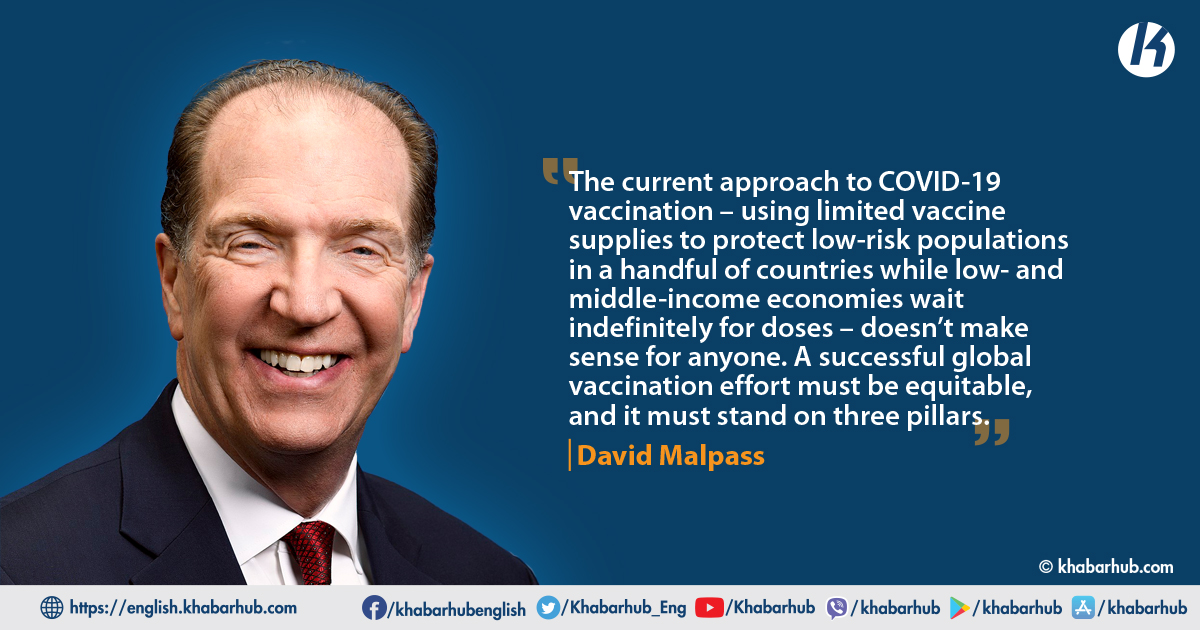
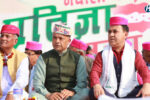
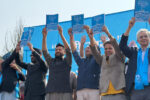
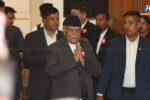
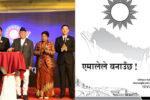

Comment